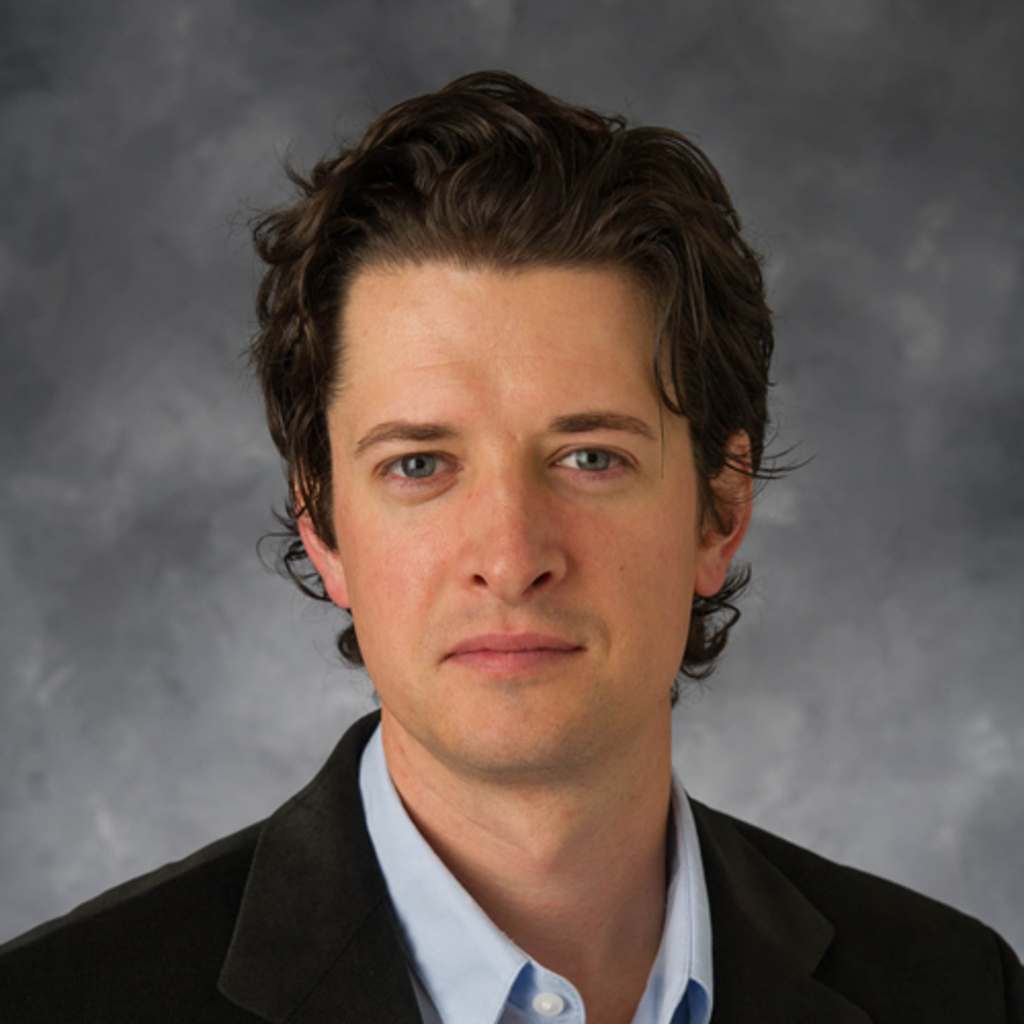Main navigation
Earn your BS in Health Promotion
The health promotion track is intended for students seeking careers that promote wellness in the community and the workplace. The major prepares students to directly work with individuals and communities to improve health and quality of life. Students learn how to assess, plan, implement, evaluate, and oversee programs designed to improve health behaviors, create environments supportive of healthy lifestyles, and effectively communicate health issues to key stakeholders. The major prepares students to take the certification exam from the National Commission for Health Education Credentialing. The mix of natural and social sciences in this major also provides a foundation for professional or graduate study in allied health, health management, or public health.
Students who earn the major in health promotion can earn a minor in human physiology, but:
- May not earn a major in exercise science, human physiology, or health studies
- May not earn a minor in lifestyle medicine
The Bachelor of Science with a major in health promotion requires a minimum of 120 semester hours, including at least 47–49 semester hours of work for the major. A minimum of 16 semester hours in the major must be earned at the University of Iowa. Students must maintain a grade-point average of at least 2.00 in all courses for the major and in all UI courses for the major. They also must complete the College of Liberal Arts and Sciences GE CLAS Core.
Required Coursework
For full curriculum, please visit:
Learning outcomes
Students will be able to:
- identify and communicate the needs, barriers to, and facilitators of health among various populations;
- understand, communicate, and apply health theories to inform health promotion programs;
- assess and interpret common behavioral and clinical health outcomes;
- use evidence-based communication strategies designed to facilitate behavior change;
- understand, communicate, and apply evidence-based leadership and management strategies in a health organization setting; and
- understand how to plan, implement, and evaluate targeted health promotion programs.
Questions?
Kathy Mellen
Create your academic path
You'll find degree overviews, requirements, course lists, academic plans, and more to help you plan your education and explore your possibilities.
Current course list
The MyUI Schedule displays registered courses for a particular session and is available to enrolled students. The list view includes course instructors, time and location, and features to drop courses or change sections.
CHES Certification
Certified Health Education Specialist (CHES) Exam
Since 2012, our Health Promotion students boast a 96% pass rate on the CHES exam which far exceeds the national pass rate (68%) over that same time frame. Our well-rounded curriculum prepares students to sit for the exam near the end of their senior year.
“My senior year I chose to sit for the CHES exam. The health promotion curriculum prepared me to sit and pass that exam. When interviewing for my current job, I explained that I was a Certified Health Education Specialist and they were impressed. Through CHES, you need to complete continuing education hours and from that I took a course in worksite wellness among other valuable classes to enhance my career. My company truly valued that I was enrolling in courses to help improve myself and the company’s wellbeing program.”
Health Promotion Alumni Spotlights

Karlen Lamp

Emon Collazo

Amber Simone Francis
“As a graduate of the health promotion program, I cannot say enough great things about the course offerings and professors! I started my career as a health educator providing one-on-one consultations to help individuals understand their health risks. With the education I received through the HHP track, I felt confident in addressing the many topics that arose. Each person is unique and I was well equipped to discuss their nutrition and exercise habits, SMART goals, and resources. I can now say I have worn many hats within the organization, including assisting in recruiting, hiring, training
Health promotion faculty

Adam Blalock
Stephanie Borst

Lucas Carr

Amy Fletcher

Jessica (Jess) Gorzelitz

Nathaniel Jenkins

Megan Lewey
Kathy Mellen

Kelli Saginak

Aaron Schneider

Andrea Short

Lauren Steinke
